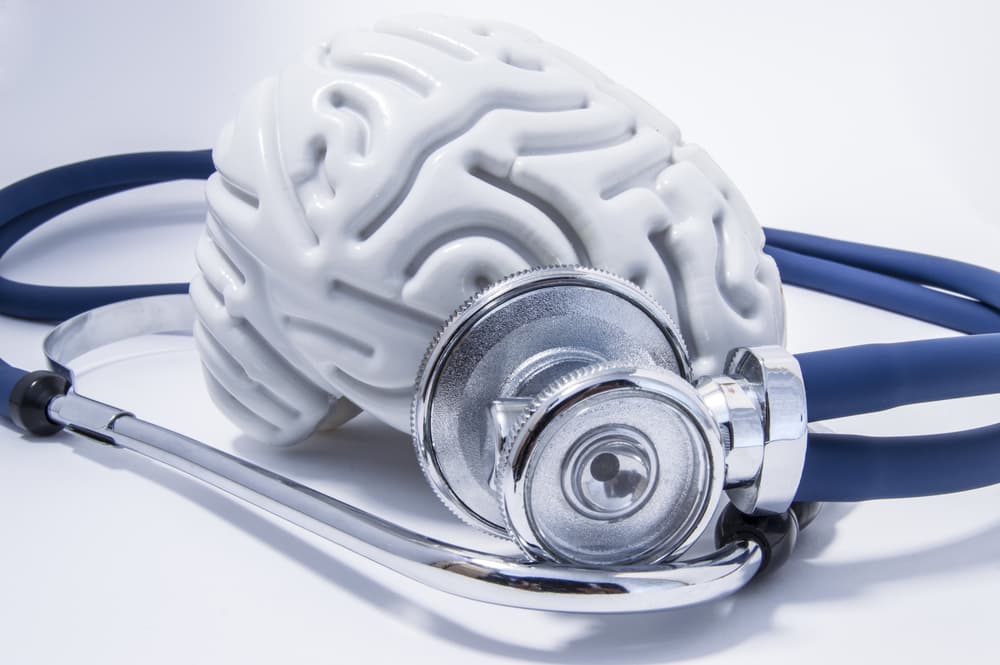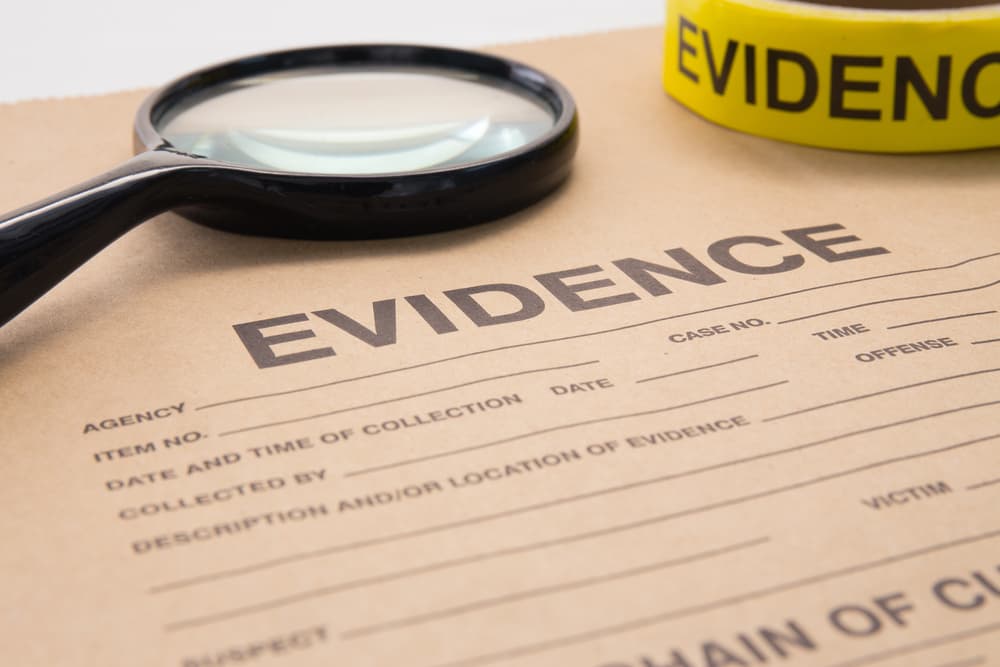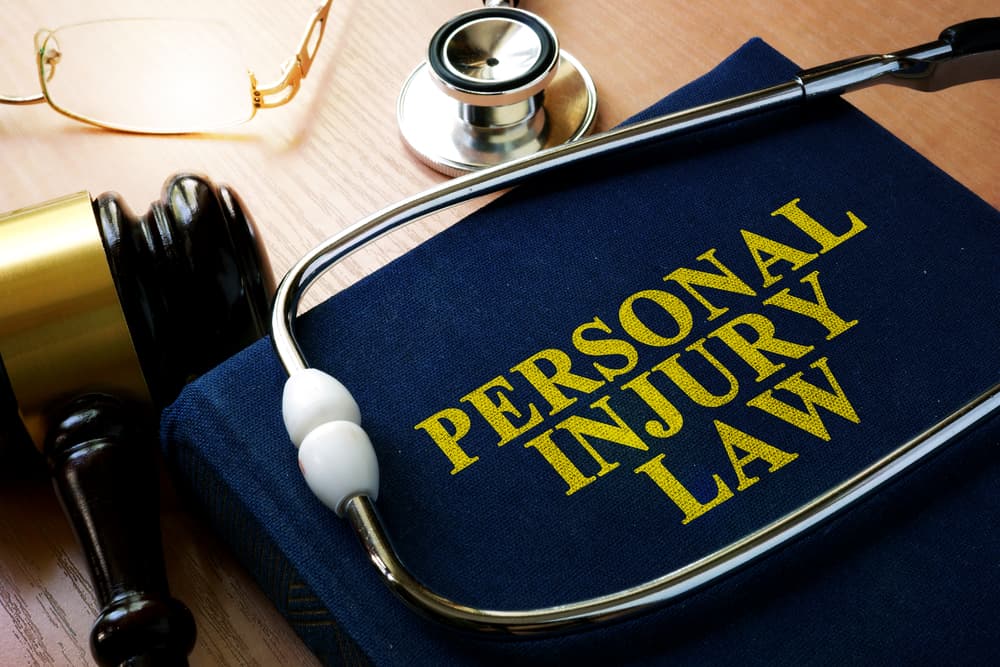Car accidents are often traumatic events that can result in a wide range of injuries, including head injuries. When you hit your head during a car accident, take immediate steps to protect your health and well-being, but also your legal rights.
After hitting your head in a car accident, take both medical and legal actions to receive proper treatment and compensation. A car accident attorney can provide proper direction and advice concerning your situation.
Causes of Car Accident Head Injuries

During a car crash, several scenarios can cause you to hit your head. Some of the accidents that most often result in hitting your head include:
- Rear-end collisions: A rear-end collision usually causes the driver to suddenly and severely slam their head forward, causing injury. Drivers and passengers may also suffer head trauma when their bodies bounce back due to seatbelt restraint, hitting the back of their heads.
- Head-on collisions: During a head-on collision, the driver and their passengers may have their bodies jerked forward and back, causing them to hit their heads.
- T-bone/side-impact accidents: Both t-bone and side-impact accidents result in a vehicle colliding with the side of another car. When this happens, drivers and passengers may hit their heads on the side of the vehicle.
Depending on the situation and the type of accident, drivers and passengers’ heads often collide with:
- Steering wheels
- Dashboards
- Headrests
- Windows
Certain safety features, like airbags, prevent certain injuries, but not all of them. In fact, airbags themselves can cause some harm as they suddenly and violently deploy in a collision.
Head Trauma is Particularly Common in Car Accidents
Head injuries are some of the most common types of injuries resulting from car accidents.
One study reviewed the number of traumatic brain injury-related hospitalizations for 13 consecutive years. It found that there were an average of 36,000 hospitalizations for motor vehicle occupants with brain injuries every year, including both children and adults.
The CDC also published a report stating that approximately 17 percent of all TBI-related deaths were caused by car accidents.
Suffering a head or brain injury in a collision happens all too frequently. This is one of the main reasons to seek medical care right away, as head trauma can result in serious, life-threatening consequences.
Injuries You May Suffer After Hitting Your Head in a Car Accident
More often than not, hitting your head in a car accident results in injury of some sort. Head trauma can result in injury to the outside of the head, but it can also affect you internally, causing injury to the brain.
Some of the more common injuries car accident victims frequently sustain after hitting their heads include:
- Scalp lacerations: Depending on what your head collides with, it can cause a deep cut called a laceration. Lacerations usually require stitches.
- Skull fractures: The skull is a bone like any other in the body. Therefore, you can fracture your skull when you hit your head with enough force.
- Concussions: Concussions are the most common kind of brain injury, especially in auto collisions. These injuries typically result following a substantial bump or jolt to the head or body, causing the brain to quickly move back and forth within the skull.
- Contusions: A brain contusion is essentially a bruise on the brain. It causes bleeding and swelling around the area. These injuries often accompany other injuries, like skull fractures.
- Intracranial hemorrhages: Also known as a brain bleed, hemorrhages occur when blood vessels leak or burst, causing blood to collect within a certain part of the skull or brain, preventing oxygen and other nutrients from reaching the brain.
- Diffuse axonal injuries: Injuring your head can cause the brain to excessively move or rotate within the skull. This can cause tearing along the brain’s connective nerve fibers, called axons, known as a diffuse axonal injury (DAI).
Based on the type of injury you sustain and the severity of the harm, brain injuries can impact how the brain functions, whether in the short or long term. Head and brain injuries can be particularly serious and, in some cases, lead to permanent health complications, like motor and cognitive deficits.
What to Do After You Hit Your Head in a Car Accident
You may not know what to do after your collision, especially if it’s your first time experiencing a car accident.
What you do after a car accident can affect you, your rights, and your future compensation claim. Therefore, safeguard your rights as an injured accident victim and build your case.
Generally, after you hit your head in a car accident, you should primarily concern yourself with two topics: medical and legal assistance.
Seek Medical Attention Right Away

First and foremost, you should seek medical attention as soon as possible. You may have received emergency medical care at the collision scene depending on the situation. Even so, you should still follow up with a healthcare professional.
Whether you visit the emergency room or schedule an appointment with your primary care physician, getting a thorough medical examination is key. A doctor can gather information on what exactly occurred, get your health history, perform an exam, and recommend additional medical testing to get a thorough picture of your physical state.
Get a comprehensive treatment plan from a medical provider to begin recovering from your injuries.
Watch for Worsening Symptoms
Brain injuries can be tricky. You may begin to show signs of injury right after your accident, but in some cases, your symptoms may not begin for hours or even days. Also, your symptoms may worsen in the days following your accident.
You know your body. If something feels wrong, you shouldn’t hesitate to follow up with your doctor. Additionally, if someone is taking care of you after your accident, they can keep a watchful eye if something changes.
Follow Your Treatment Plan
Your doctor knows best. Be sure to follow your physician’s recommendations for best results. Failing to follow your treatment plan can significantly hinder your recovery, as well as your claim.
Medical records play a large role in car accident claims, and if insurance companies see you are inconsistent about treatment, they can try to use this fact against you to undervalue your claim.
For this reason, fill all prescriptions that your doctor gives you, attend all follow-up appointments, and attend physical therapy if it is prescribed. If you fail to follow your treatment plan, the insurance company can argue that you did not take steps to mitigate your losses, justifying a lower settlement amount.
Legal Considerations
Along with the medical side of things, you also need to consider the legal side. When someone else causes a collision and you suffer injuries, you can have a valid claim against that party. Taking proper steps to protect yourself legally can improve your chances of obtaining financial recovery.
Report the Collision
Following a car accident, you should report the crash to local law enforcement. It’s best to call the police at the scene, but even if the police aren’t called at the moment, you can file a report in the days following your crash.
Many states have laws concerning car accident reporting. Usually, if a collision involves injuries, property damage, or fatalities, it’s necessary to notify law enforcement within a certain time.

Preserve Evidence
Whether or not you can get evidence at the crash scene, preserve evidence in the days and weeks after. Maintain all medical records, bills, and receipts related to your injuries and treatment. This documentation is essential when proving the extent of your injuries and calculating damages.
You may also consider keeping a pain journal, where you document details about your injuries, including your pain level, treatment, and progress.
In addition, make notes about the way your injuries are affecting your life, such as problems you have sleeping, feelings of anxiety or depression, or an inability to engage in activities you enjoy. This documentation can get you the full and fair value of your accident claim.
Consult a Car Accident Attorney
Schedule a consultation with a car accident lawyer, especially if you know or believe someone else’s negligence caused your collision. An attorney can assess your situation, explain your legal rights, and navigate the complexities of insurance claims and potential lawsuits. Failing to discuss your accident with a lawyer may result in the loss of your ability to recover compensation for your accident-related losses.
Take Note of Special Time Limits
You face a time limit to filing compensation claims after car accidents. The time you have to file your claim depends on your state’s statute of limitations for personal injury claims.
Missing this crucial deadline can prevent you from seeking compensation for your injuries. Fortunately, when you hire a car accident lawyer for your accident, they can ensure no deadline is missed, and your claim is filed promptly.
Legal Options After Suffering a Head Injury in a Car Accident
Based on the circumstances of your accident, you may have multiple options for pursuing just compensation. A car accident attorney can examine your situation to determine the best way to seek financial recovery.
Filing an Auto Insurance Claim
First, you can proceed with an insurance claim. The type of insurance claim you file depends on certain details, including state law.
If your car accident occurred in a fault state, you can pursue compensation from the at-fault driver and file a third-party insurance claim through their insurer. This allows you to potentially obtain monetary recovery for your injuries, property damage, and other related losses.
In a no-fault state, you don’t file a claim through the at-fault driver’s insurer. Instead, you will file a first-party claim through your own personal injury protection (PIP) coverage. This allows you to seek compensation for your injuries and corresponding damages.
Filing a Personal Injury Lawsuit

Sometimes, an insurance claim is sufficient enough to recover the compensation you need. But, if you cannot settle with the insurance company, the insurer denies your claim, or you’re dealing with an uninsured party, you may need to file a personal injury lawsuit to continue your pursuit for damages.
The lawsuit process varies from the insurance claim process. During your lawsuit, your lawyer’s primary concern is gathering helpful evidence and documentation to build and strengthen your case. Once both parties have everything they need, they can work toward reaching a fair settlement.
Most personal injury lawsuits settle between parties outside the courtroom. However, a small number of cases go to trial. If you go to trial, your car accident lawyer will represent your best interest before the judge, who will decide the fate of your case.
Potential Compensation for Car Accident Head Injuries
Receiving damages can significantly help alleviate the financial burdens that frequently come after a car accident.
You can obtain compensation for your monetary and non-monetary losses, including:
- Present and future medical expenses
- Rehabilitation and therapy
- Lost earnings
- Pain and suffering
- Emotional distress
- Loss of enjoyment of life
Calculating your damages is a key step to help ensure you settle for a just amount. Your car accident lawyer can efficiently evaluate your losses and assign a monetary value to your case.
If You Hit Your Head in a Crash, Discuss Your Options With an Experienced Car Accident Attorney

Hitting your head in a car accident can open the door to many issues, from serious physical injury to financial challenges, but you don’t have to navigate your situation alone.
When you suffer harm in an auto collision, don’t wait to seek guidance from a skilled personal injury lawyer. An attorney can explain your options and put you on the path toward compensation.